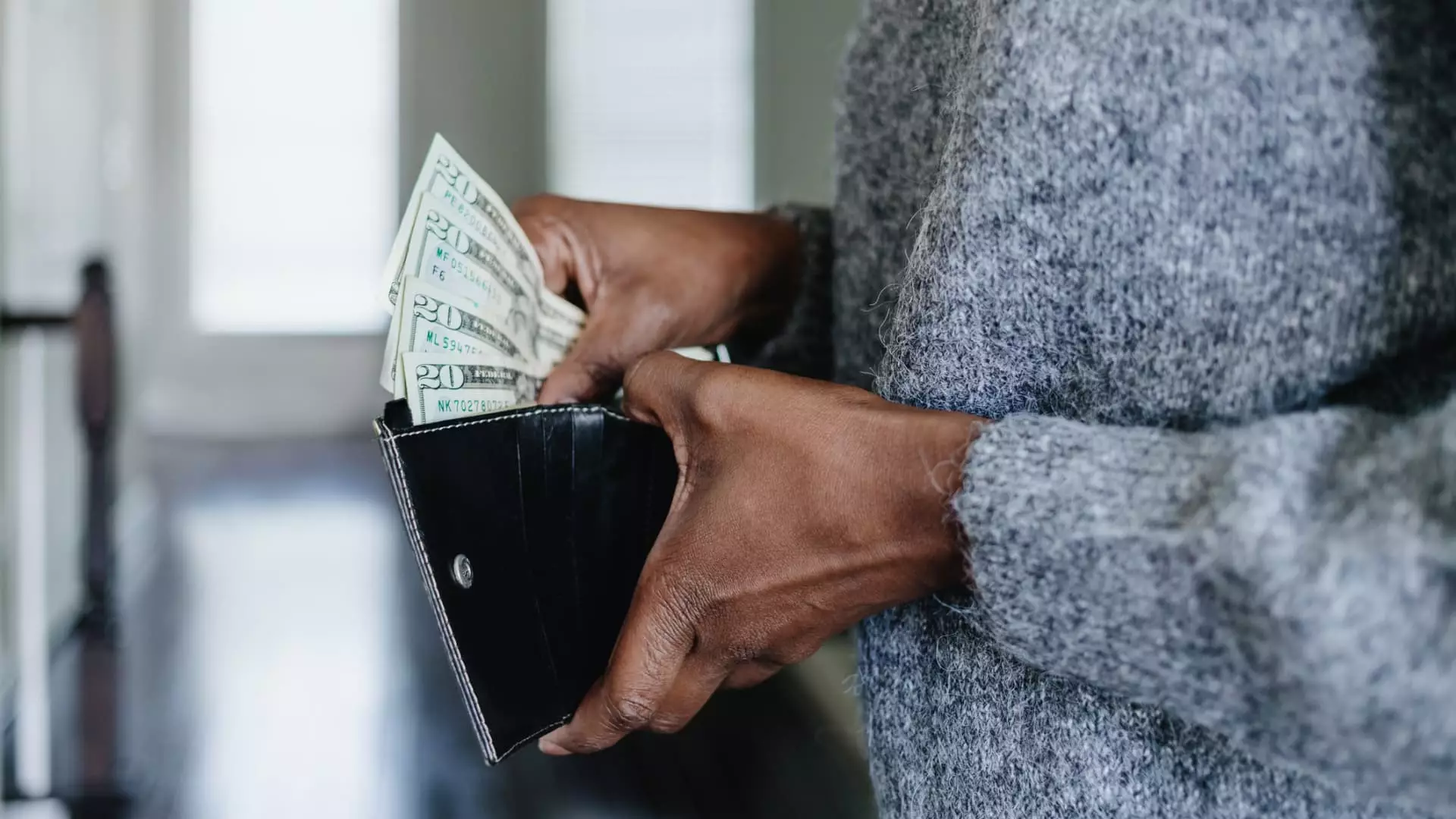In recent years, American consumers have weathered a storm of economic uncertainty, from unpredictable tariffs to lingering inflation and job market anxieties. This volatile environment has catalyzed a striking shift in financial behavior — moving away from the impulsive spending frenzy known as “revenge spending” that followed the pandemic, toward a more disciplined and prudent approach, which we might call “revenge saving.” Rather than splurging recklessly to make up for lost time, many Americans are doubling down on saving, reflecting a collective embrace of financial self-preservation driven by genuine concern about the future.
Why Are Americans Saving More Now?
Data from the Bureau of Economic Analysis reveals the U.S. personal saving rate climbed noticeably, peaking near 4.9% in April 2025, before leveling to 4.5% in May. This is a significant jump from 3.5% in December, signaling a palpable shift in consumer priorities. Several forces—ranging from trepidation about the durability of economic recovery, fears over international instability, to the unpredictability of inflation rates—have converged to foster caution and an urge for financial resilience.
Social media trends, too, play a surprising role, with “no buy” challenges popping up on platforms like TikTok and Reddit. These viral movements encourage folks to curb discretionary spending, pause subscription services, and skip vacations, translating digital peer pressure into collective financial empowerment. This phenomenon reveals a new generation increasingly skeptical of past economic excesses and eager to cultivate a safety net.
Rethinking Emergency Savings
Financial advisors have long recommended keeping three to six months of living expenses in reserve, yet the current climate demands even greater caution. For households with unstable income streams or single earners, larger reserves are more than wise—they are imperative. A buffer against unforeseen shocks not only shields against financial turmoil but also reduces the psychological weight of money worries. Vanguard’s research underscores this: Americans with adequate savings spend almost half as much time fretting over finances each week compared to those without.
This increased focus on emergency funds is heartening, highlighting a shift away from short-term gratification toward long-term security. However, it’s critical that the message reaches those least able to save—low-income individuals and marginalized groups—who often find themselves trapped in a cycle of paycheck-to-paycheck living despite the pressing need for a financial cushion.
The Retirement Savings Revolution
The surge in personal savings isn’t confined to rainy-day funds but extends into retirement accounts as well. 401(k) contribution rates have hit unprecedented levels, with a reported 9.5% contribution rate in early 2025. This upward trend is fueled by innovations in retirement plan design, such as automatic enrollment and automatic escalation of contributions, which gently nudge workers to save more without requiring active decisions.
This institutional shift is encouraging, as it empowers millions of Americans to prepare better for retirement, sidestepping the trap of procrastination and financial illiteracy. However, automatic features alone won’t solve underlying disparities—those with low wages or precarious jobs may still struggle to take full advantage.
A Cautious Optimism for the Future
While the broader economic picture remains clouded by uncertainty—trade tensions, inflation worries, and social unrest—Americans’ embrace of saving might be one of the most positive developments in personal finance this decade. It shows resilience and adaptability, a collective recognition that financial health demands more than just income growth; it requires prudent management of risk and preparation for the unexpected.
Yet, there’s a bittersweet dimension here. This “revenge saving” mentality, while admirable, also reflects the sobering reality of diminished economic security. People don’t save more simply out of enlightened fiscal discipline—they do so because they feel forced by circumstances beyond their control. This defensive saving may indeed slow consumption, potentially damping economic growth, but it also signals a shift toward sustainable individual financial health that policymakers should acknowledge when considering economic stimulus and social safety nets.
Ultimately, “revenge saving” isn’t just a trendy hashtag or a viral challenge; it’s a profound cultural and economic response to an era defined by flux and fragility. It presents an opportunity for policymakers, employers, and financial institutions to lean in and support Americans in building real, lasting financial power.

